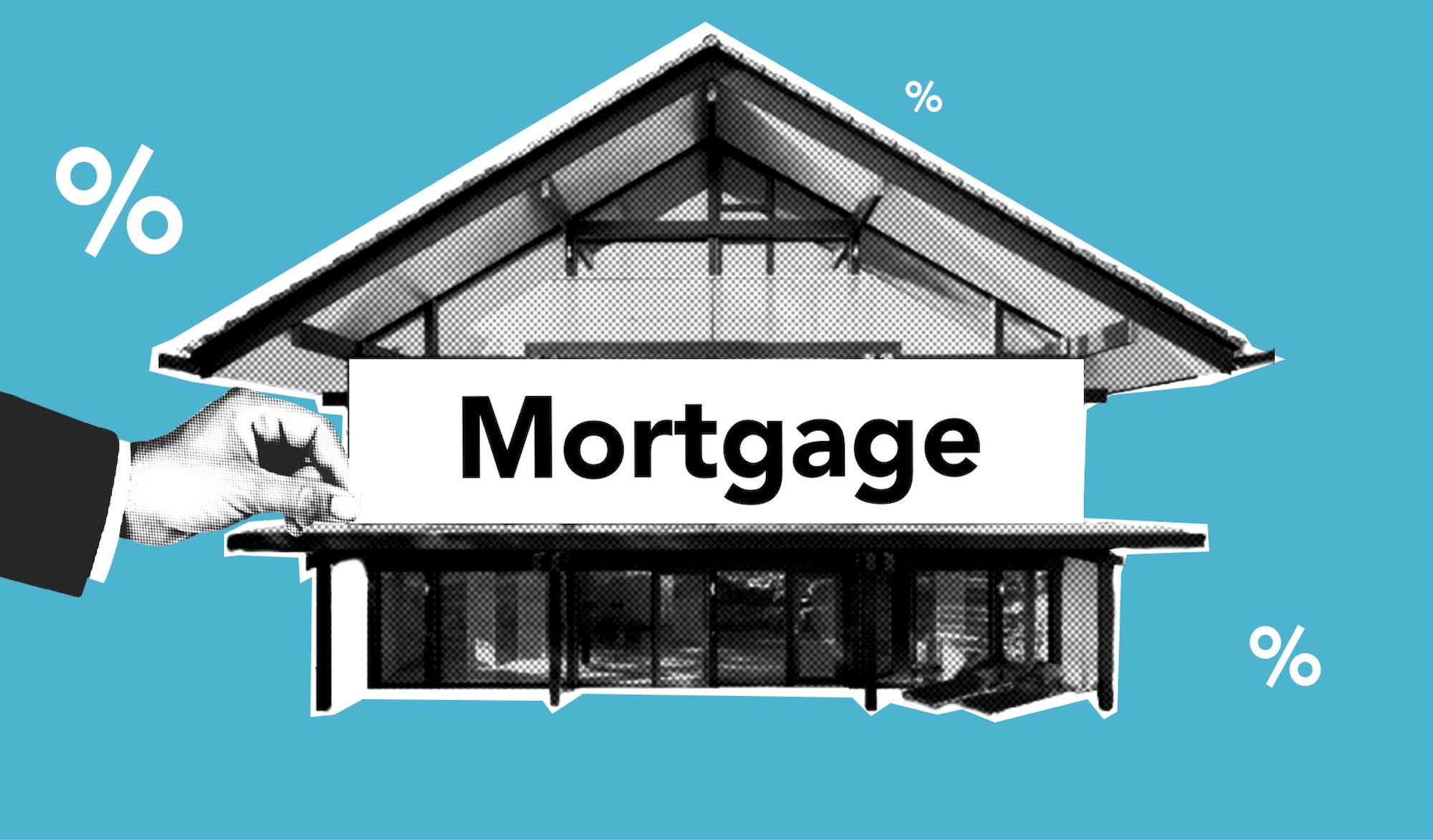The number of online fraud attacks nearly doubled in 2022, but UK fraudsters had a lower success rate compared to the rest of the world, research by LexisNexis Risk Solutions has found.
Approximately 36 million human-initiated fraud attacks were confirmed in the UK last year, a rise of 92% compared to 2021. This increase was slower globally, reaching an increase of 56%.
Despite the increasing fraud volumes, the UK saw lower rates of successful fraud attempts as a proportion of overall transaction (0.2%), compared to 1.3% across the rest of the world. LexisNexis state that this is due to a world-leading fraud prevention market.
The firm also states that high-levels of mobile and app-based online banking service adoption is also helping to reduce successful fraud attempts on UK customers, with almost nine in 10 (88%) of UK financial services transactions processed on mobile, with 89% of these
transactions occurring on apps.
The data from LexisNexis also shows that there were 352 million automated bot attacks in UK targets last year, an increase of 81%. This means that 2% of all online transactions in the UK was a bot attack.
Fraud and identity expert for LexisNexis Risk Solutions, UK & Ireland, Rob Woods, said: “These latest figures reveal a positive outlook for the UK’s ongoing fight against fraud. Despite rising overall volumes, this analysis shows that the UK’s highly-evolved and tech-enabled fraud prevention market is successfully mitigating fraud such as large scale thirdparty fraud, that is causing significant pain elsewhere in the world.
“Inevitably, other fraud typologies are emerging to fill this vacuum, including first party fraud – now a big problem in the UK. However, with continued adoption of AI-powered fraud analysis and shared intelligence, as well as more people accessing online services through secure mobile and app channels, the UK financial services sector is helping to significantly reduce the impact of fraud on its customers.
“As fraud attacks continued to increase during the past 18 months, financial institutions have responded well by focusing more on building trust with their loyal customer base, leading to higher levels of ‘trusted customer traffic’ that can be quickly authenticated and given access to online services, leaving more capacity for banks to focus on detecting and preventing malicious traffic.”
“However, whilst fraud attack rates are lower in the UK, they increased at a faster rate last year – at 44% compared to 20% globally – meaning that although the news is positive, businesses cannot afford to be complacent.”
Latest News
-
Residential property transactions fall 24% month-on-month
-
Later life lending loans jump 5.1% in Q4 2025
-
Mortgage Awards 2026: Winners announced
-
FCA outlines proposals to close gaps in borrowers’ credit files
-
St. James’s Place closes 2025 with record FuM
-
Average LTV on UK mortgaged home drops to 59% – IMLA
Mortgage Advice Bureau and AI in the mortgage sector
Chief executive officer at Mortgage Advice Bureau, Peter Brodnicki, and founder and managing director at Heron Financial, Matt Coulson, joined content editor Dan McGrath to discuss how Mortgage Advice Bureau is using artificial intelligence to make advancements in the mortgage industry, the limitations of this technology and what 2026 will hold for the market
Perenna and the long-term fixed mortgage market

Content editor, Dan McGrath, spoke to head of product, proposition and distribution at Perenna, John Davison, to explore the long-term fixed mortgage market, the role that Perenna plays in this sector and the impact of the recent Autumn Budget
NEW BUILD IN FOCUS - NEW EPISODE OF THE MORTGAGE INSIDER PODCAST, OUT NOW

Figures from the National House-Building Council saw Q1 2025 register a 36% increase in new homes built across the UK compared with the same period last year, representing a striking development for the first-time buyer market. But with the higher cost of building, ongoing planning challenges and new and changing regulations, how sustainable is this growth? And what does it mean for brokers?
Does the North-South divide still exist in the UK housing market?

What do the most expensive parts of the country reveal about shifting demand? And why is the Manchester housing market now outperforming many southern counterparts?
In this episode of the Barclays Mortgage Insider Podcast, host Phil Spencer is joined by Lucian Cook, Head of Research at Savills, and Ross Jones, founder of Home Financial and Evolve Commercial Finance, to explore how regional trends are redefining the UK housing, mortgage and buy-to-let markets.
In this episode of the Barclays Mortgage Insider Podcast, host Phil Spencer is joined by Lucian Cook, Head of Research at Savills, and Ross Jones, founder of Home Financial and Evolve Commercial Finance, to explore how regional trends are redefining the UK housing, mortgage and buy-to-let markets.
© 2019 Perspective Publishing Privacy & Cookies











Recent Stories